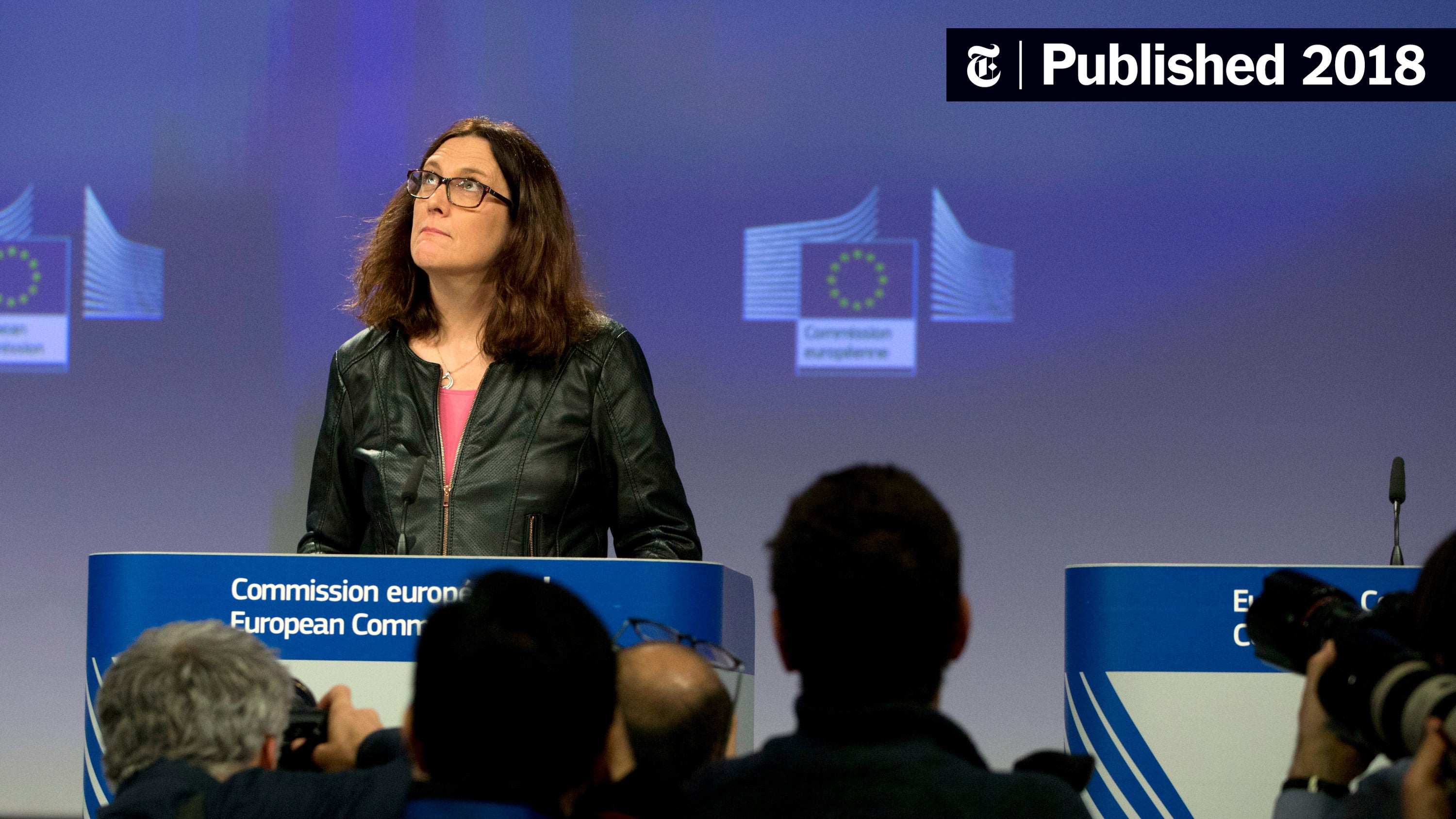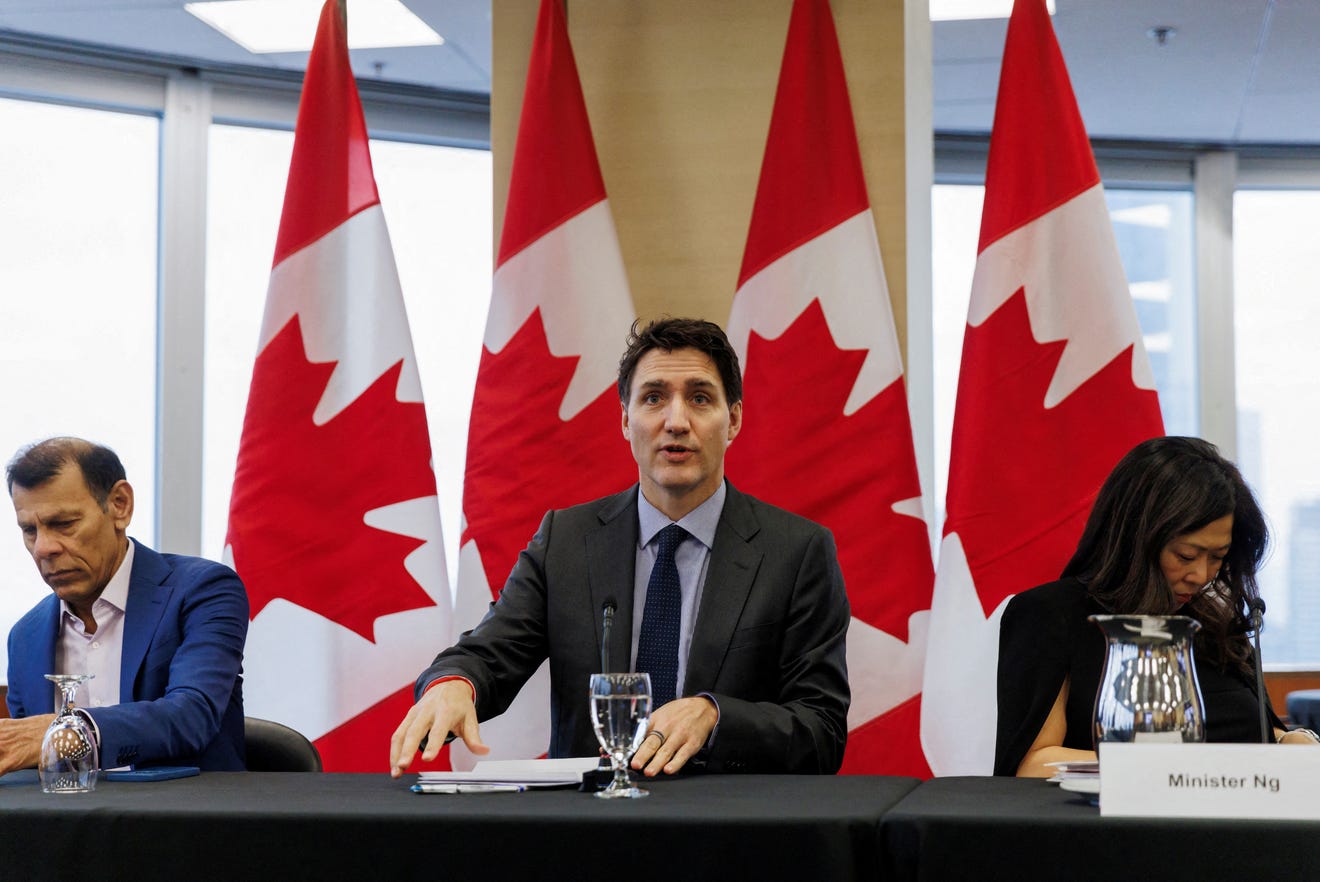Norway's Nicolai Tangen And The Impact Of Trump's Tariffs

Table of Contents
Nicolai Tangen and the Norwegian Oil Fund
Nicolai Tangen serves as the Chief Executive Officer of Norges Bank Investment Management (NBIM), the entity responsible for managing the Government Pension Fund Global (GPFG), more commonly known as the Norwegian Oil Fund. This fund is a behemoth, representing a significant portion of Norway's wealth and boasting a global reach impacting countless markets. Its sheer size and influence make it a key player in the global financial landscape, making the impact of external factors like Trump's tariffs particularly significant.
- Investment Strategy: The Oil Fund employs a broadly diversified investment strategy, allocating assets across various asset classes, including equities, fixed income, real estate, and renewable infrastructure. This diversification aims to mitigate risk and maximize returns over the long term.
- US Market Exposure: A considerable portion of the Oil Fund's portfolio is invested in US markets, making it inherently susceptible to economic shifts within the United States. Trump's tariffs directly impacted this exposure.
- Tangen's Expertise: Tangen's extensive experience in global finance and investment management is crucial in navigating such complexities. His ability to adapt the fund's strategy in response to external shocks like the Trump tariffs is a key factor in mitigating potential losses.
Trump's Tariffs: A Global Economic Shockwave
Trump's tariffs, implemented between 2018 and 2020, targeted various goods, including steel, aluminum, and a wide range of products from China. The stated rationale was to protect American industries and address trade imbalances. However, the consequences extended far beyond initial intentions.
- Global Trade Relations: The tariffs significantly strained global trade relations, prompting retaliatory measures from affected countries. This created a climate of uncertainty and instability in international markets.
- Increased Costs: Businesses faced increased input costs due to higher tariffs on imported goods, leading to reduced profitability and, in some cases, job losses.
- Retaliatory Tariffs: The imposition of tariffs sparked a retaliatory cycle, with other countries implementing their own tariffs on US goods, further disrupting global trade flows.
- Economic Slowdown: Specific sectors, particularly those heavily reliant on international trade, experienced economic slowdowns as a result of the increased costs and reduced demand.
The Impact on Norwegian Businesses
Norwegian businesses, particularly those exporting to the US or relying on US imports, felt the effects of Trump's tariffs. This indirect effect on Norwegian companies impacted the Oil Fund's holdings.
- Affected Industries: Industries like seafood, aluminum, and oil and gas experienced disruptions due to the tariffs. Changes in export patterns and trade relationships were evident.
- Governmental Response: The Norwegian government implemented measures to mitigate the negative impacts on businesses, though the full effects were felt throughout the economy.
Navigating the Challenges: Tangen's Response and Strategies
Tangen and NBIM were tasked with navigating the turbulent waters created by Trump's tariffs. Their response involved strategic adjustments to the Oil Fund's portfolio.
- Diversification Strategies: The existing diversification strategy helped cushion the blow to some extent, though certain sectors still experienced losses.
- Asset Allocation: NBIM likely adjusted its asset allocation, potentially reducing exposure to sectors particularly vulnerable to the trade war's effects. Specific details on these adjustments are usually not publicly disclosed for strategic reasons.
- Public Statements: While Tangen and NBIM likely refrained from extensive public commentary on individual policy decisions, their actions show a commitment to adapting to the changing global economic landscape.
Long-Term Implications for the Norwegian Oil Fund
The long-term impact of Trump's tariffs on the Norwegian Oil Fund remains a subject of ongoing analysis. However, certain implications are clear.
- Impact on Returns: While the diversified portfolio likely mitigated significant losses, the tariffs undoubtedly influenced the fund's overall returns during that period.
- Risk Assessment: The experience likely led to a reassessment of risk management strategies, with increased attention paid to geopolitical factors and trade policy uncertainties.
- Investment Decisions: The trade war highlighted the interconnectedness of global markets and the potential for unexpected disruptions to influence long-term investment decisions.
Conclusion
Trump's tariffs presented significant challenges to global markets, impacting even the seemingly insulated Norwegian Oil Fund. Nicolai Tangen's leadership in navigating these challenges, along with the fund's inherent diversification, helped to mitigate the worst impacts. However, the experience underscores the interconnectedness of the global economy and the importance of robust risk management strategies. To further understand the intricacies of global finance and the impact of trade policies, learn more about Nicolai Tangen Trump Tariffs and the Norwegian Oil Fund.

Featured Posts
-
 Us Tariffs Halt Sheins London Ipo Plans
May 04, 2025
Us Tariffs Halt Sheins London Ipo Plans
May 04, 2025 -
 Ai Driven Podcast Creation From Scatological Data To Engaging Content
May 04, 2025
Ai Driven Podcast Creation From Scatological Data To Engaging Content
May 04, 2025 -
 Updated Spotify I Phone App Enhanced Payment Flexibility
May 04, 2025
Updated Spotify I Phone App Enhanced Payment Flexibility
May 04, 2025 -
 Au Roeulx Le Plus Grand Parc De Batteries D Eneco En Belgique Ouvre Ses Portes
May 04, 2025
Au Roeulx Le Plus Grand Parc De Batteries D Eneco En Belgique Ouvre Ses Portes
May 04, 2025 -
 Aritzias Response To Trump Tariffs No Planned Price Increases
May 04, 2025
Aritzias Response To Trump Tariffs No Planned Price Increases
May 04, 2025
Latest Posts
-
 Anna Kendricks Real Age A Closer Look At The Actresss Longevity
May 04, 2025
Anna Kendricks Real Age A Closer Look At The Actresss Longevity
May 04, 2025 -
 Fans React To Anna Kendricks Upcoming Milestone Birthday
May 04, 2025
Fans React To Anna Kendricks Upcoming Milestone Birthday
May 04, 2025 -
 Why The Accountant 3 Needs Anna Kendrick A Case Built On The Accountant 2
May 04, 2025
Why The Accountant 3 Needs Anna Kendrick A Case Built On The Accountant 2
May 04, 2025 -
 Anna Kendricks Age Revealed The Surprise Thats Stunned Fans
May 04, 2025
Anna Kendricks Age Revealed The Surprise Thats Stunned Fans
May 04, 2025 -
 Pitch Perfect Stars Recall Unlikely Friendship Beginnings
May 04, 2025
Pitch Perfect Stars Recall Unlikely Friendship Beginnings
May 04, 2025
